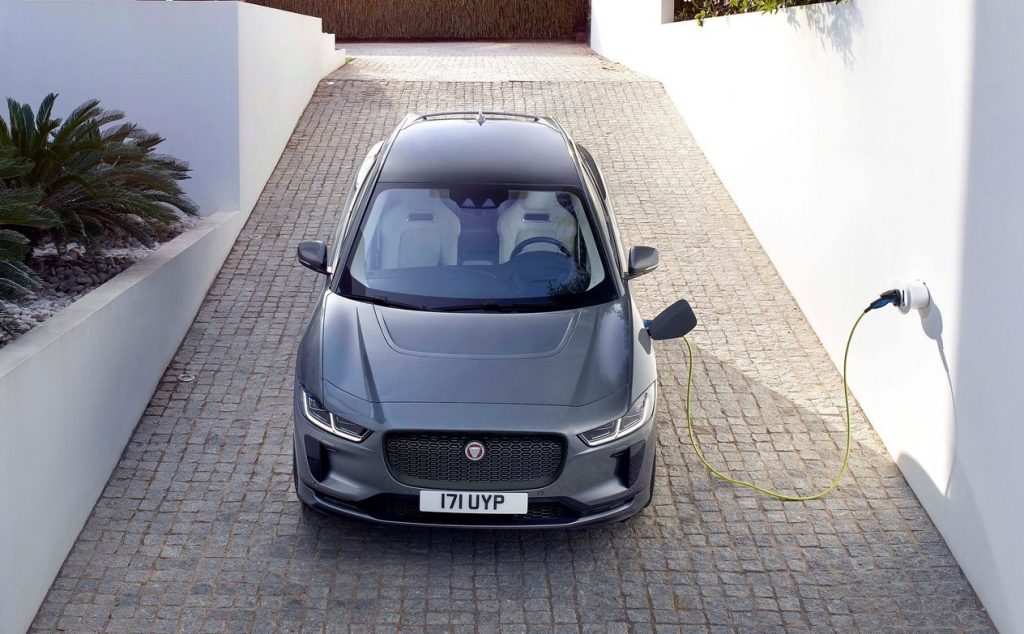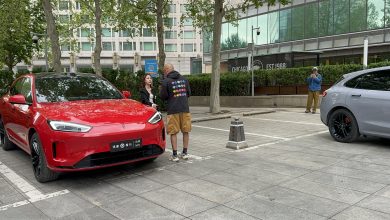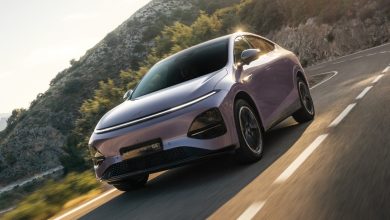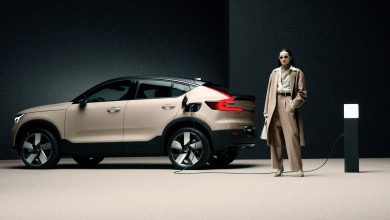UK Government Pushes ICE Sale Ban Back To 2035
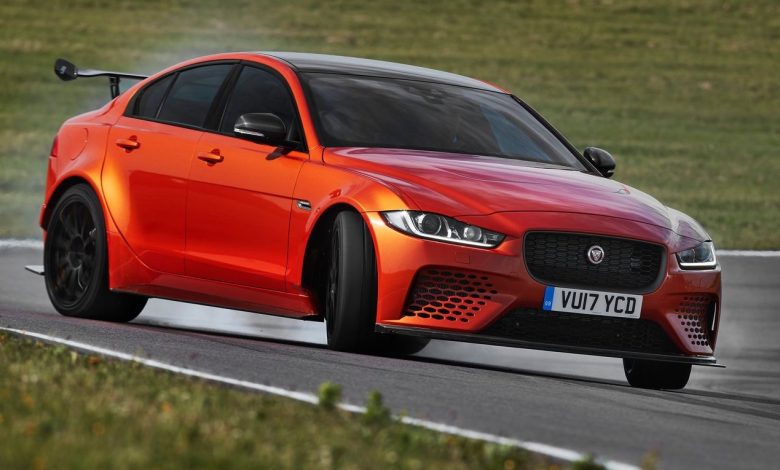
The UK government has originally proposed to stop the sale of internal combustion engined vehicles in 2030.
UK Prime Minister Rishi Sunak has recently announced that the ban on the sale of new petrol- and diesel-engined cars will now be pushed back to 2035. A ban that was originally set to come into effect in 2030, this 5-year delay comes amid a wider series of postponement of key green policies previously announced by the government.
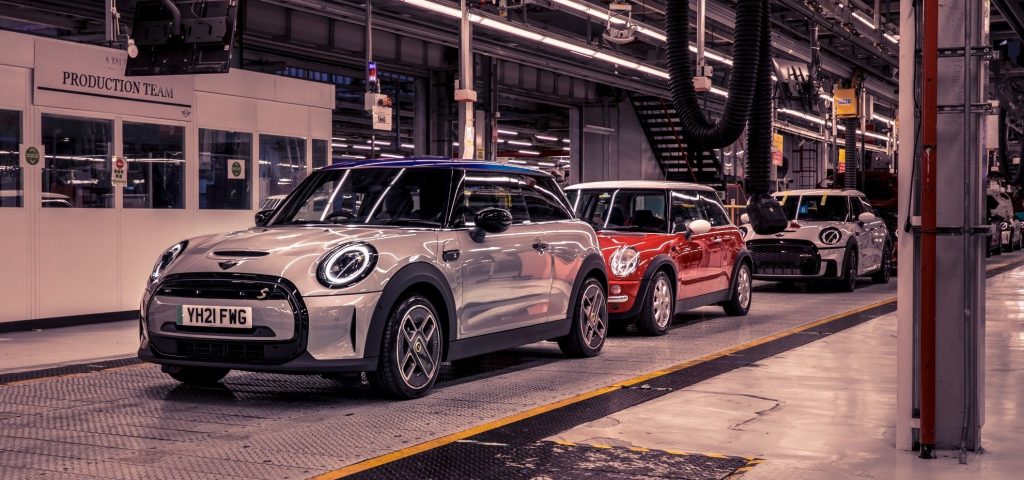
In the announcement of the delay that was initially timetabled for Friday but brought forward due to a series of leaks, Rishi Sunak appeared to criticise his predecessor Boris Johnson for the implementation of the initial 2030 deadline. The current Prime Minister has been quoted in saying there had been such a lack of debate and fundamental scrutiny of the original net zero policy, and that the country has “stumbled into a consensus about the future that no one seems to be happy with.”
The Prime Minister nevertheless declared in his statement that despite this delay in the ICE sale ban, his government is still committed to the UK reaching net zero carbon emissions by 2050. And on the same note, Mr. Sunak also noted that the UK government is currently working hard to make the country a world leader in electric vehicles, citing the billions of pounds of new investment as testament to that fact.
Mr. Sunak further highlights too that this new 2035 deadline brings the UK in line with other countries who have implemented such bans, which includes the European Union and Canada. The Prime Minister has also stated that even without the ban, he is confident that the majority of new car sales in the country will be electric by 2030 due to the rapidly improving infrastructure network and falling costs of ownership.
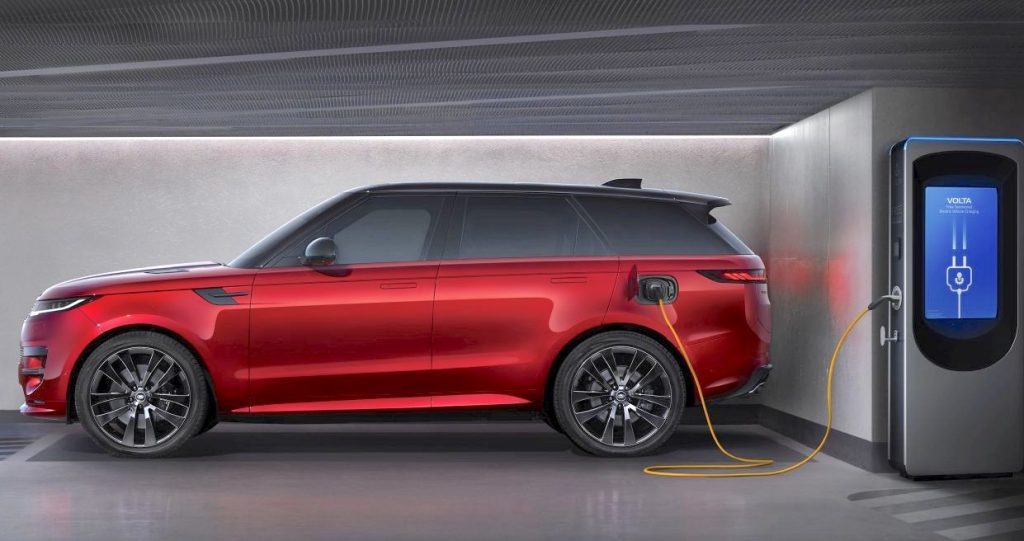
All recent polling have suggested for a delay in the ICE sale ban to attract significant consumer support, but this postponement was predictably met by harsh criticism from environmental campaigners. The chair of the Lords Environment and Climate Change Committee for instance has issued a statement in response to this delay saying that “the Prime Minister has chosen to kick the can down the road, rather than pick it up and put it in the recycling bin.”
This U-Turn has also became great political fodder for the opposition parties, with the Labour party having already committed to reversing the decision if it wins the general election that is due next year. Shadow environment secretary Steve Reed has stated regarding this delay that the Prime Minister had “sold out the biggest economic opportunity of the 21st century” for Britain to take the lead in the green economy.
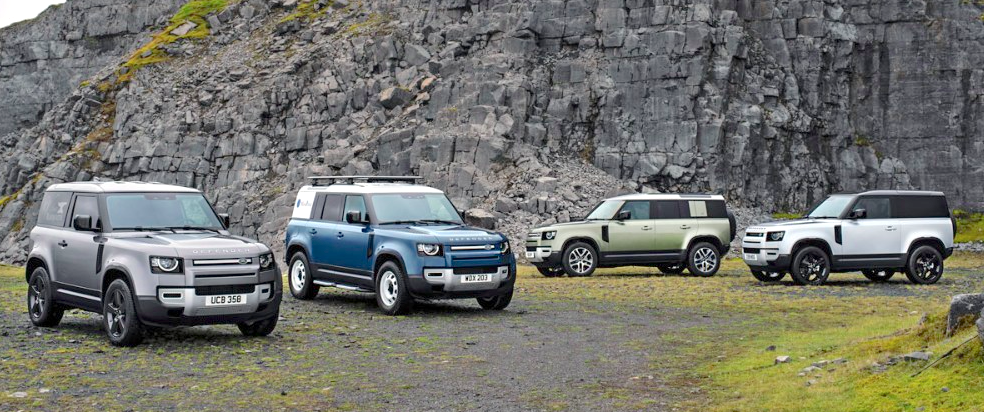
Though perhaps the most damning of the pushback to this delay comes from the automotive industry, which has already been investing heavily to meet the original 2030 target. Mikes Hawes, the head of the Society of Motor Manufacturer and Traders (SMMT), states: “To make this a reality consumers must want to make the switch, which requires from government a clear, consistent message, attractive incentives and charging infrastructure that gives confidence rather than anxiety. Confusion and uncertainty will only hold them back.”
While EV sales have recently surged in the UK, a closer look at the sales data reveal for a majority of this sales to originate from business or fleet customers. Private EV sales meanwhile have been flat-lining, with private buyers currently being put off by their higher costs and doubts regarding their support infrastructure. The UK government is also the only major European market to offer no incentives or subsidies in encouraging the purchase of electric cars. It therefore remains to be seen then if this new 5-year delay will increase the feasibility of enacting this ban, or they may yet to be another postponement made on this already pushed back ban date.
